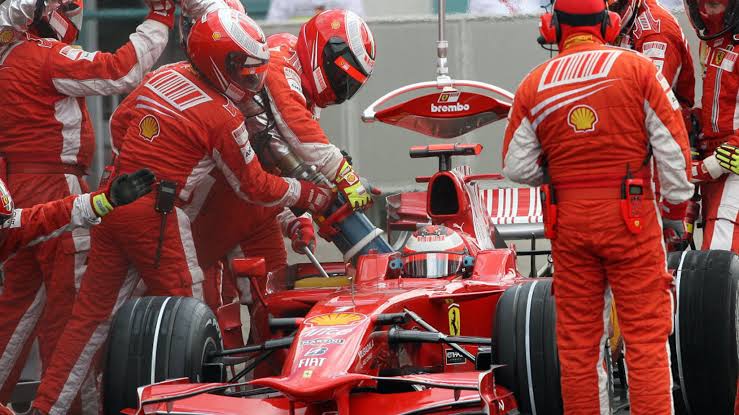
Geri Horner — erstwhile Spice Girl and spouse to recently deposed Red Bull Racing boss Christian Horner — finds herself in the eye of a financial storm, with tabloid whispers alleging a £1 million debt in the wake of her husband’s abrupt dismissal. At first glance, the narrative seems tailor-made for the celebrity press: a glamorous couple, a high-profile fall from grace, and a tidy, headline-grabbing number. Yet, beneath the sensationalist gloss lies a far more intricate fiscal reality, one interwoven with diversified assets, opaque investment structures, and the inherent volatility of high-stakes careers.
The prevailing storyline — that this debt is a direct consequence of Horner’s sacking — oversimplifies a far knottier truth. The Horners’ combined fortune, amassed through Christian’s lucrative Formula 1 tenure and Geri’s enduring cultural footprint, is considerable. However, their wealth likely exists not as liquid cash, but as a mosaic of real estate holdings, equity stakes, and long-term business ventures. Such complexity makes any surface-level calculation of financial vulnerability not only speculative but potentially misleading.
Their refusal to issue public comment has only intensified public curiosity. Yet, for those versed in celebrity finance, such silence is strategic, not suspicious. Speaking out risks exposing sensitive contractual details or triggering unwanted legal scrutiny. The absence of a rebuttal, therefore, may not signal guilt or hardship, but rather a deliberate effort to control the narrative and shield the architecture of their wealth from the forensic gaze of the media and rivals alike.
Still, the question remains: how damaging is Christian Horner’s professional exile to the couple’s economic foundation? While his role as Red Bull’s team principal commanded a formidable salary, it is improbable that this was their sole financial pillar. Christian’s commercial ventures beyond the paddock, coupled with Geri’s multi-pronged brand — spanning music, publishing, and fashion — suggest a diversified income stream resilient enough to weather the loss of a single role, however prestigious.
Ultimately, this saga underscores the precarious optics of celebrity affluence. The notion that fame inoculates against fiscal strain is a persistent but flawed myth. Market shifts, business missteps, and reputational fallout can challenge even the most fortified fortunes. Whether this £1 million figure reflects a genuine liability or is simply the latest currency in the economy of gossip, it serves as a reminder that wealth is not a static fortress, but a living, shifting entity — susceptible to the same headwinds that buffet us all, albeit on a grander stage.



